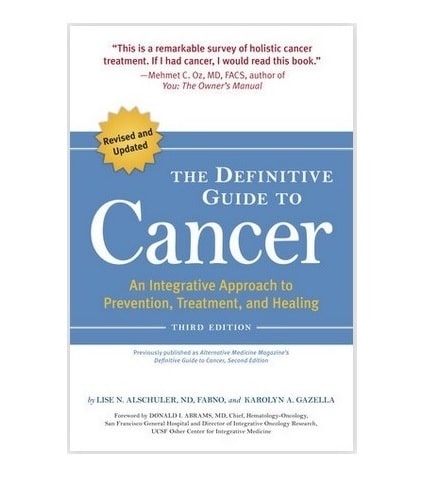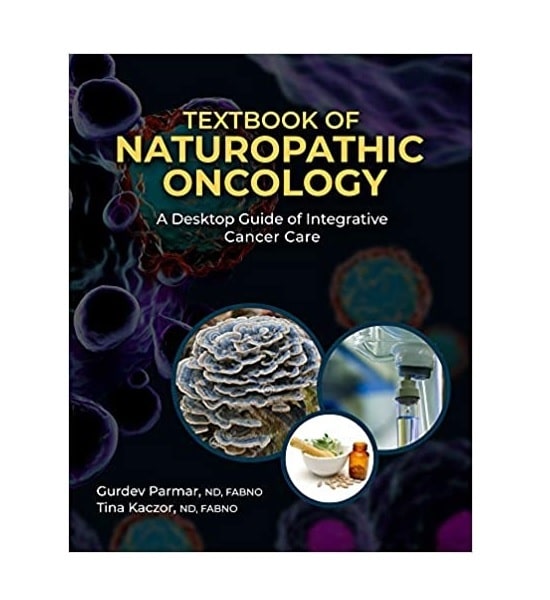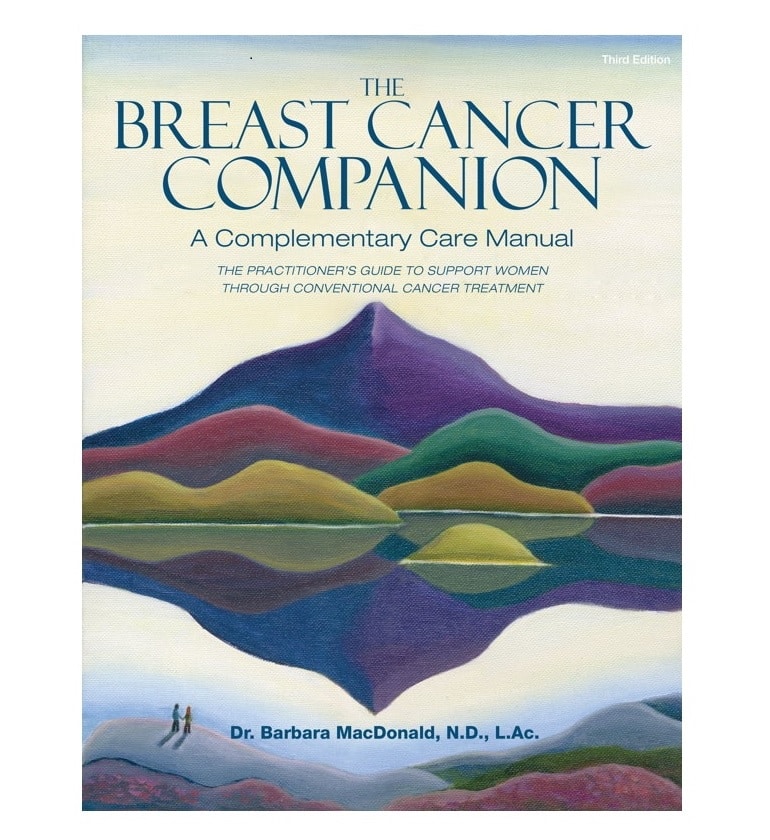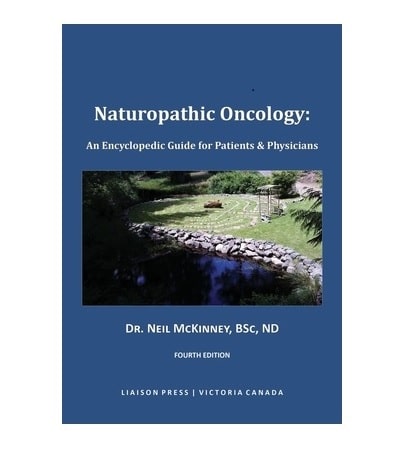Vitamin C, available in several foods and dietary supplements, shows some anticancer effects, including better survival among people with breast cancer.
How do experts use oral vitamin C?
Integrative experts provide recommendations for oral vitamin C in treating people with cancer. Learn more about the approaches and meanings of recommendations ›
Published protocols, programs, and approaches
These protocolsa package of therapies combining and preferably integrating various therapies and practices into a cohesive design for care, programs, and approaches by leaders in integrative cancer care use or recommend oral vitamin C.
We do not recommend specific integrative protocols or programs but provide information for you to evaluate with your healthcare team.
Lise Alschuler, ND, FABNO, and Karolyn Gazella
Alschuler LN, Gazella KA. The Definitive Guide to Cancer, 3rd Edition: An Integrative Approach to Prevention, Treatment, and Healing. Berkeley, California: Celestial Arts. 2010.
Alschuler LN, Gazella KA. The Definitive Guide to Thriving after Cancer: A Five-Step Integrative Plan to Reduce the Risk of Recurrence and Build Lifelong Health. Berkeley, California: Ten Speed Press. 2013.
These books describe approaches for certain cancer types, or along with certain conventional therapy treatments, or for particular conditions such as insulin resistance.
Uses of oral vitamin C:
- Prevent bladder cancer recurrence
- Reduce risk of cancer:
- Cervical cancer
- Gastric cancer
- Liver cancer
- Ovarian cancer
- Pancreatic cancer
- Prostate cancer
- Lung cancer
- Non-melanoma skin cancer
- During lung cancer treatment
- Hormonal balance (inflammatory triggers)
- Reduce oxidative stress
- Immune enhancement
- Anti-inflammatory
- Normalize stress hormone levels
- Tissue healing after surgery
- Treatment recovery program: replenishing antioxidant levels
Keith Block, MD
Block KI. Life over Cancer: The Block Center Program for Integrative Cancer Care. New York: Bantam Dell. 2009.
The integrative Block Program has recommendations to people who are at different places along the cancer continuum:
- Those who’ve been recently diagnosed
- Those in treatment
- Those who’ve concluded treatment and need to remain vigilant to prevent recurrence
Uses of oral vitamin C:
- Core diet plan
- Antioxidant support formula
- Immune surveillance
- Coagulation terrain modifier
- Hyperadapted stress pattern
Gerald M. Lemole, MD; Pallav K. Mehta, MD; and Dwight L. McKee, MD
Lemole GM, Mehta PK, McKee DL. After Cancer Care: The Definitive Self-Care Guide to Getting and Staying Well for Patients with Cancer. New York, New York: Rodale, Inc. 2015.
These doctors present easy-to-incorporate lifestyle changes to help you “turn on” hundreds of genes that fight cancer, and “turn off” the ones that encourage cancer, while recommending lifestyle approaches to address each type.
Recommend dietary intake of vitamin C as part of a whole-foods diet
Vitamin C can block the synthesis of nitrite, which is converted into powerful carcinogens called nitrosamines.
Barbara MacDonald, ND, LAc
MacDonald B. The Breast Cancer Companion—A Complementary Care Manual: Third Edition. Self-published. 2016.
Naturopathic physician Barbara MacDonald provides information about breast cancer, its conventional treatment, and natural approaches to enhancing treatment, managing side effects, reducing risk of recurrence, and healthy living after cancer treatment is completed.
Uses of oral vitamin C:
- Wound healing after surgery
- Constipation from pain medications or some chemotherapy drugs
- Liver support with liver metastasis
- Improve immunity during treatment
- Herpes/cold sores during treatment
- After treatment: reduce mortality and prevent recurrence
- As part of pre-biopsy and pre-surgical plan for immune support and wound healing: Begin 2 weeks before biopsy and continue until treatment plan is known. Begin 2 weeks before surgery. Also see a caution against using high-dose vitamin C before biopsy or surgery in Safety and precautions ›
- During cancer treatment:
- Evidence shows that it increases the cytotoxic effects of adriamycin/cytoxan, paclitaxel (Taxol): increased cytotoxic effect, or fluorouracil (5-FU)
- Tamoxifen: help reduce negative lipid changes
Neil McKinney, BSc, ND
McKinney N. Naturopathic Oncology, Fourth Edition. Victoria, BC, Canada: Liaison Press. 2020.
This book includes descriptions and uses of many natural and complementary protocols for cancer in general and for specific cancers. It also includes information on integrative support during conventional cancer treatment.
Uses of oral vitamin C:
- Bladder cancer
- Brain cancer
- Breast cancer
- Cervical cancer
- Gallbladder cancer
- Head and neck cancer
- Lung cancer
- Lymphoma
- Multiple myeloma
- Myelodysplastic syndrome
- Pancreatic cancer
- Prostate cancer
- Renal cell cancer
- Stomach cancer
- Uterine cancer
- Bone metastasis
- Stem cell modulation
- Natural compound to target cancer growth factors
- General protocol
Gurdev Parmar, ND, FABNO, and Tina Kaczor, ND, FABNO
Parmar G, Kaczor T. Textbook of Naturopathic Oncology: A Desktop Guide of Integrative Cancer Care. 1st edition. Medicatrix Holdings Ltd. 2020.
This book provides information on the treatment of 24 cancers, plus the most effective treatments of the most common symptoms affecting cancer patients while they undergo chemotherapy, radiotherapy, or surgery.
Uses of oral vitamin C:
- Repletion and antioxidant effect
- Cervical cancer
- Multiple myeloma
Nasha Winters ND, FABNO, LAc, DiplOM, and Jess Higgins Kelley, MNT
Winters ND, Kelley JH. The Metabolic Approach to Cancer. 2017. Chelsea Green Publishing.
This book’s metabolic approach to cancer is a “naturopathic nutrition program that uses the medicinal powers of traditional foods, therapeutic diets and non-toxic lifestyle approaches as cancer counteragents and preventives.” The program focuses on 10 terrain elements and how to assess them and bring them into balance.
Oral vitamin C is good for healthy immune function and adrenal gland support. The authors recommend that supplements come from quality sources, as many oral vitamin C supplements are made with genetically modified corn.
Traditional medicine
Some plants used in traditional Chinese medicine are high in vitamin C.
Learn more about traditional medicine approaches and how to find practitioners: Finding Integrative Oncologists and Other Practitioners ›
Other assessments
Bastyr University Research Institute and Fred Hutchinson Cancer Research Center
Oral vitamin C is listed among integrative oncology therapies recommended by oncology naturopaths (ND, FABNO) to breast cancer patients.1Standish LJ, Dowd F et al. Breast cancer integrative oncology care and its costs. Integrative Cancer Therapies. 2017 Mar;16(1):85-95.
Dosing
Dosing recommendations are available from these sources:
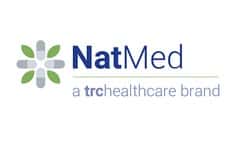
Subscription required
General information about dosing
Find general dosing guidelines regarding natural products and supplements: Dosing Guidelines ›
Helpful link

References

